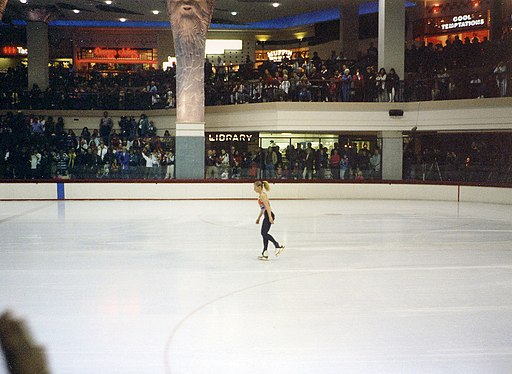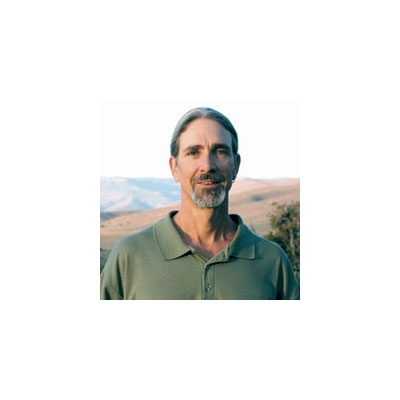“Rants from the Hill” are Michael Branch’s monthly musings on life in the high country of western Nevada’s Great Basin Desert.
David Fenimore. That is the good name of a good man who has been a good friend to me for a quarter century. In fact, it is so good a name that I call David Fenimore “David Fenimore” rather than “David” or “Fenimore.” David Fenimore. It just has a nice ring to it. David Fenimore is also a good name in the sense that David Fenimore comes from a good family, a highly respectable family of noble Philadelphians whose pedigree dates to the Fenimores whose name is familiar from the name of well-heeled nineteenth-century American novelist James Fenimore Cooper. David Fenimore was among my first friends when I moved to Reno more than twenty years ago. David Fenimore officiated my wedding ceremony on a bright day up in the Sierra sixteen years ago. David Fenimore has been among my closest colleagues at the university where I teach. David Fenimore even subjected me to his legendary hot tub ordination ceremony, making me a perfectly legal mail-order minister and giving me the formal title Mystical Philosopher of Absolute Reality. In my world he’s as good as it gets: David Fenimore.
Tonya Harding. Now that is not a good name. You will recall this diva of American figure skating, spectacle, and scandal, whose very public rise and fall charted a peculiarly American trajectory. Born in 1970 to an abusive mother and her fifth husband, Tonya, who grew up in a trailer, began skating at age three. She dropped out of high school to commit herself to what was by then a meteoric rise to fame. By 1991 she had recorded a number of firsts, including becoming the first woman to land the triple axel jump in international competition. 1991 was also the year she won the U.S. Championships, receiving the first 6.0 ever given to a single female figure skater for technical merit.
Tonya’s precipitous fall from grace began on January 6, 1994, when Nancy Kerrigan—Harding’s skating rival—was attacked by unknown assailants, who used a police baton to brutally whack her leg. Severely injured, Kerrigan withdrew from competition, and Harding won the national championship that year. However, it was soon suggested that Tonya was behind the attack, and a uniquely American media frenzy ensued. In January, 1994, Tonya appeared on the cover of both Time and Newsweek, and her short program at the Olympics in Lillehammer in February was among the most-watched events in TV history. By March the jig was up. Harding accepted a plea bargain, three years’ probation, 500 hours of community service, and a whopping fine. She was stripped of all her medals and banned for life from professional figure skating.

Tonya would quickly rise again, although in a very different way. Within three months of being rung up, America’s former sweetheart appeared on a professional wrestling show as manager of the wrestling stable Los Gringos Locos. Before the year was out she and her then-husband had sold their home sex tape to Penthousefor $200,000 each, plus royalties. She would go on to a one-off with a crappy band called the Golden Blades, followed by a short, checkered career as a boxer, in which her most highly publicized bout was with Paula Jones—she of the pre-Monica Lewinsky Clinton sex scandals. Tonya had hit a new low among disgraced American celebrities. Tonya Harding. Not a good name.
It now seems inevitable that the spectacle of humiliation that tawdry Tonya had become would involve Reno, my hometown. Reno. That is not a good name either. My town has long been associated with unseemly activities, from heavy drinking and unfettered gambling to quickie divorce and legalized prostitution. We have a bad reputation, and we’ve earned it. That said, Reno has always been the land of the second chance, the place where the down and out come for a last shot at redemption. As Jill Stern wrote back in 1957, Reno is “a symbol of failure to some, of release to others, of despair to the unloved, of the promised land to the domestically trapped.” “Could be, might be, maybe this time, maybe next time,” wrote Stern, who described Reno as “a symbol of the second chance and the chance after that which every man always believed awaited him.”
This Rant tells the story of how David Fenimore and Tonya Harding came together here in Reno, the land of the second chance.
Continue reading the full post on High Country News.


